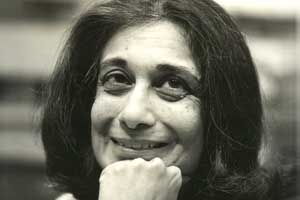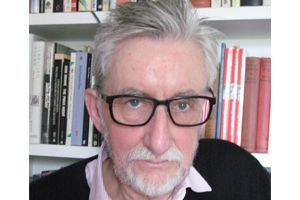(New Delhi, Nov 14, 2017) With the DSC literature prize winner all set to be announced at Dhaka this Saturday, the judges say they found interesting trends emerging in South Asian writing – uprootedness, geographical, spiritual alienation as also the allure of joining extremist organisations overseas.
The five shortlisted novels are Anjali Joseph’s The Living, The Story of a Brief Marriage by Anuk Arudpragasam, Aravind Adiga’s Selection Day, Karan Mahajan’s The Association of Small Bombs and In the Jungles of the Night by Stephen Alter.

According to jury chair Ritu Menon, all the five novels display a remarkable skill in animating current universal preoccupations in unconventional idioms, and from a distinctively South Asian perspective.
Jury member Valentine Cunningham says his long view of fiction by South Asian writers has been affirmed by this year’s contestants: “there’s a great deal of middling material, fictions that are not much good, to put it bluntly, often rather narrowly focussed (the same domestic, marital, family, political, historical aspects and concerns cropping up again and again).”
The best fictionists are the best because they manage to work these familiar furrows with such canniness, aplomb, and (various) imaginative and formal force as to make them rise out of the ordinary, he adds.

“Such rising is the characteristic of our shortlist.”
Cunningham also argues that it’s also the arresting case that not all but very many, even a majority, of the best contemporary South Asian fictionists live and write abroad – in Canada, the US and England, especially in Canada and the US.
“This has a lot to do with Canadian and US and some British universities providing a home for South Asian writers – beginning, in the case of the US and Canada, at the student level. Which is, of course, why the most notable of modern South Asian fiction is often about uprootedness, geographical and spiritual alienation, being liminal between cultures,” he told PTI.
Another judge Senath Walter Perera says politics in the South Asian region continues to be a popular theme – often treated seriously but sometimes in a manner that is burlesque.
“This year the allure of joining extremist organisations overseas for those living comfortable, middle class lives in the West was an additional concern,” he says.
“Issues relating to diasporic living persist in South Asian writing emerging from the UK and the US though the focus is now on the children or grandchildren of immigrants,” he adds.

Although no translation made it to the shortlist, Perera says the jury read many excellent translations which provided another dimension to the competition.
“Raj nostalgia remains an irresistible theme in South Asian writing in English with carefully researched narratives on the period. I did not find much innovation in narrative structure in this year’s entries though an epistolary novel between women living in two different South Asian countries did catch my eye,” he says, adding this was his personal response.